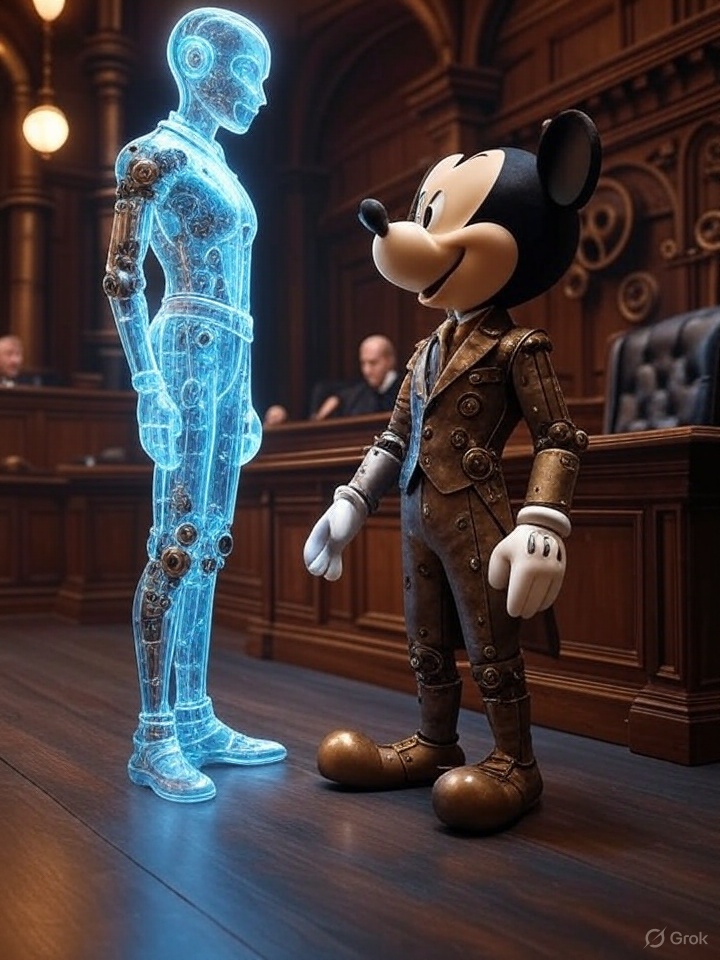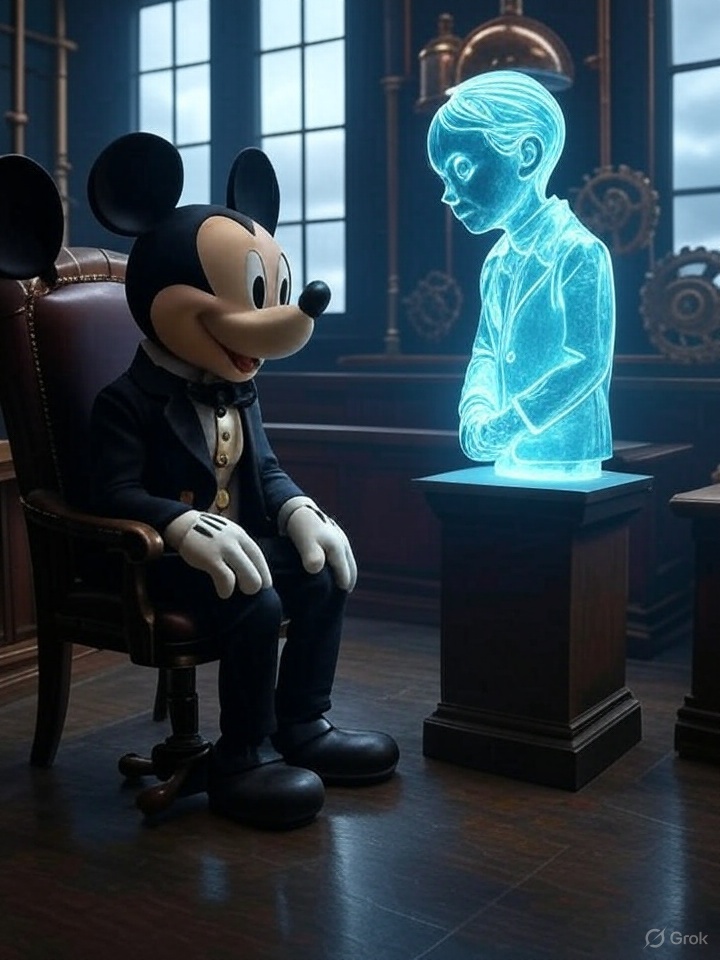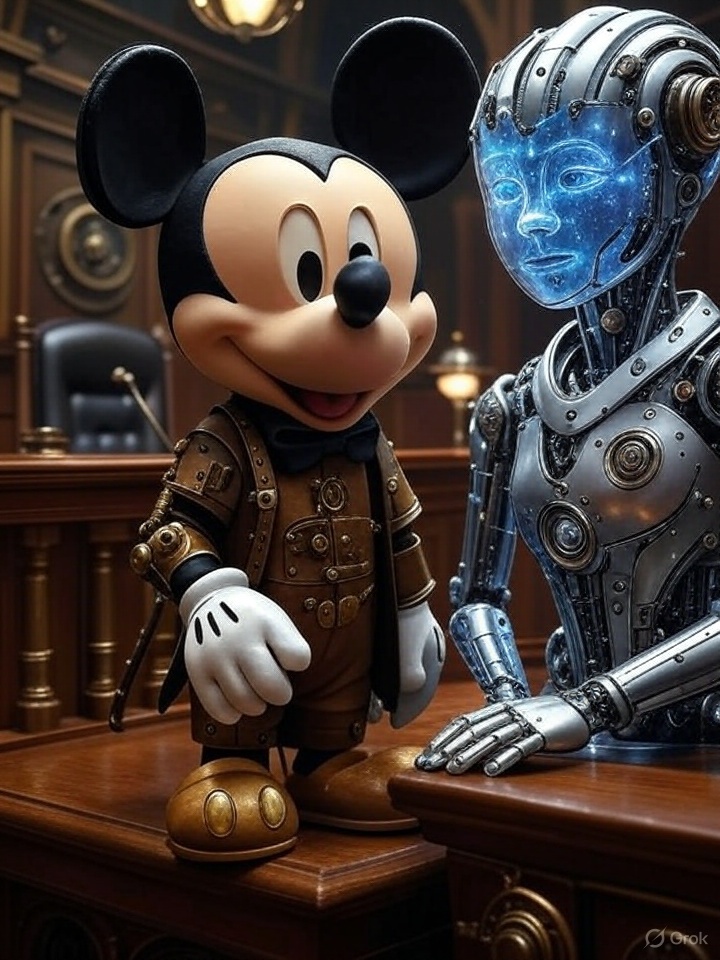In a landmark case, Hollywood giants Disney and Universal have filed a joint lawsuit against Midjourney, a popular AI-powered image generation platform, accusing it of widespread copyright infringement.
 This marks the first significant legal challenge by major studios against AI image generators, spotlighting the growing tension between creative industries and artificial intelligence technologies.
This marks the first significant legal challenge by major studios against AI image generators, spotlighting the growing tension between creative industries and artificial intelligence technologies.
The lawsuit, which includes Disney-owned brands such as Marvel, Lucasfilm, and 20th Century Fox, as well as Universal and DreamWorks, describes Midjourney as a “bottomless pit of plagiarism.”
The studios allege that Midjourney’s AI model, which allows users to create unique images from text prompts, was trained on vast amounts of copyrighted material scraped from the internet without permission from rights holders.
This unauthorized use, the plaintiffs argue, violates intellectual property laws and undermines the creative works of artists and studios.
At the heart of the complaint are specific examples of Midjourney-generated images that bear striking resemblances to iconic characters like Darth Vader and Yoda from Disney’s Star Wars franchise. The studios claim these outputs demonstrate that Midjourney’s algorithms were trained on their protected content, enabling the AI to replicate recognizable elements of their intellectual property.
The lawsuit argues that such practices not only infringe on their copyrights but also pose a broader threat to the creative industry by devaluing original works.
 The case has sparked heated debate about the ethics and legality of AI training datasets. Midjourney has not publicly commented on the lawsuit, but the company has previously defended its technology as a tool for creativity, emphasizing that it generates original images based on user inputs.
The case has sparked heated debate about the ethics and legality of AI training datasets. Midjourney has not publicly commented on the lawsuit, but the company has previously defended its technology as a tool for creativity, emphasizing that it generates original images based on user inputs.
However, the plaintiffs contend that the AI’s ability to produce near-identical recreations of their characters proves that copyrighted material was used without consent.
Also read:
- Basketball Players in Court: You Don’t Always Get to Choose How You’re Remembered
- 10 Free Online Tools That’ll Make You Look 10x More Productive Than You Actually Are
- Ex-BBC and Apple Veterans Launch New European Media Group Powered by AI
This legal battle could set a precedent for how AI companies operate within the boundaries of intellectual property law. As generative AI continues to evolve, the outcome of this case may reshape the relationship between technology and creative industries, with implications for artists, studios, and AI developers alike.
For now, Disney and Universal are standing firm, seeking to protect their iconic brands from what they describe as an unprecedented challenge to their rights.
The case is expected to draw significant attention as it progresses, with potential ramifications for the future of AI-generated content and copyright enforcement in the digital age.






